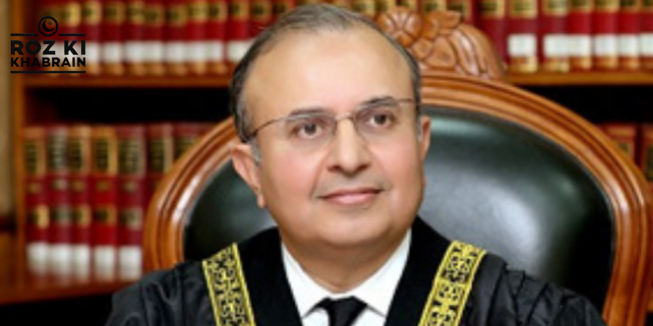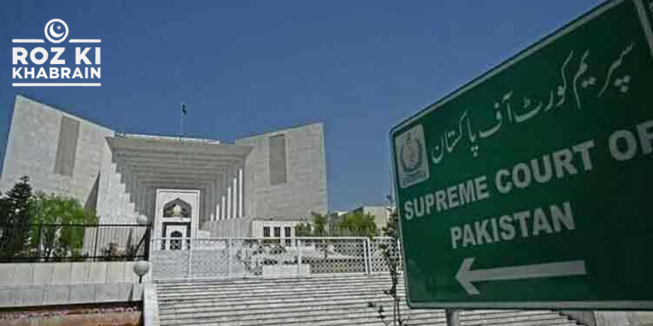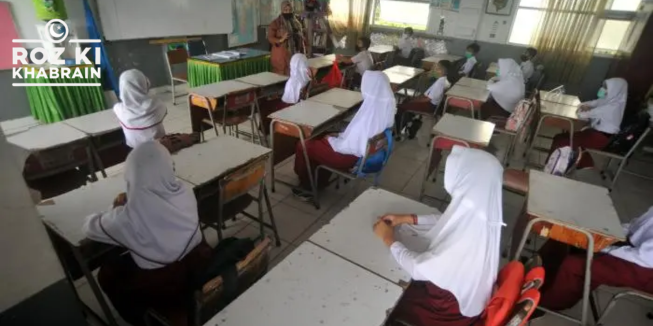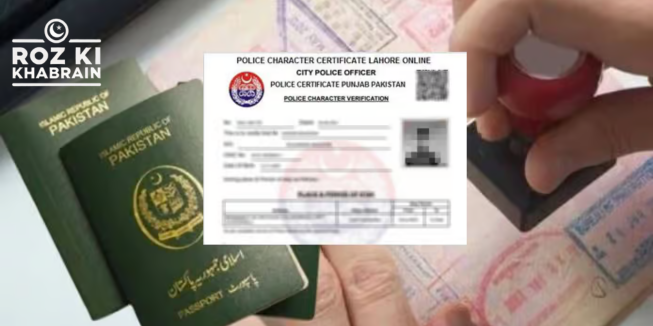The Supreme Court released a detailed verdict on Monday regarding the July 12 ruling on reserved seats, which designated the PTI as a parliamentary party. This decision, made by an 8-5 majority, affirmed ex-premier Imran Khan’s PTI’s eligibility for seats reserved for women and minorities, marking a significant setback for Prime Minister Shehbaz Sharif’s coalition.
Justice Syed Mansoor Ali Shah announced the majority opinion, supported by seven other judges: Justices Munib Akhtar, Muhammad Ali Mazhar, Ayesha A Malik, Athar Minallah, Syed Hasan Azhar Rizvi, Shahid Waheed, and Irfan Saadat Khan. The case was reviewed by a 13-member bench; Chief Justice Qazi Faez Isa and Justice Jamal Khan Mandokhail issued a minority judgment, while Justices Aminuddin Khan and Naeem Akhtar Afghan rejected pleas for reserved seats. Justice Yahya Afridi also dismissed petitions from the Sunni Ittehad Council.
Despite the split, all judges acknowledged the PTI as a parliamentary party, ruling that out of 80 MNAs, 39 belonged to the PTI, while 41 were given the opportunity to resubmit their party affiliations. The 70-page judgment, authored by Justice Shah, is available on the SC’s website, and he is set to succeed current Chief Justice Isa in October.
The verdict stated, “When election authorities unlawfully deny recognition to a major political party and treat its candidates as independents, they compromise the rights of these candidates and significantly infringe upon the rights of the electorate, undermining their institutional legitimacy.”
It emphasized the importance of free and fair elections, asserting the judiciary’s critical role in maintaining electoral integrity and public trust in democracy. The SC noted that its power to ensure “complete justice” is essential in preventing democratic backsliding.
The ruling also expressed doubts about the Election Commission of Pakistan’s (ECP) authority to reject certificates of intra-party elections submitted by political parties and questioned whether the ECP exercised its discretion fairly in the PTI’s case. The court stated that the fundamental right of citizens to vote for their preferred party was at stake.
Furthermore, the SC raised concerns about how issues of internal party governance could override citizens’ fundamental voting rights and the right of political parties to contest elections effectively, as guaranteed by the Constitution. The court refrained from definitive commentary on these matters since they are still under review in a petition filed by the PTI.
In its majority ruling, the SC highlighted numerous “unlawful acts and omissions” by returning officers and the ECP, which caused confusion and prejudice to the PTI and its candidates. The court noted that PTI candidates were incorrectly listed as independents, further complicating the electoral process.
The SC criticized the ECP for failing to fulfill its role as a “guarantor institution” of democratic processes, stressing the need for transparency and fairness in elections. The verdict stated that the ECP is not just an administrative entity but plays a fundamental role in ensuring the integrity of electoral processes, which is vital for public trust.
In response to how the ECP participated as a primary contesting party against the PTI, the SC noted that the Commission should have acted as a neutral party to assist the court in adjudicating the case effectively, rather than opposing it.
The ECP had submitted a list of 80 MNAs who either filed party certificates or declared their affiliation with the PTI. The SC identified 39 MNAs as belonging to the PTI and listed the remaining 41 who were treated as independents.
The verdict concluded with criticism of the minority judges’ dissenting remarks, noting that their comments lacked the courtesy and restraint expected from Supreme Court judges. The majority opinion expressed concern that their statements could undermine the integrity of the court and obstruct justice.
In summary, the detailed verdict affirms the PTI’s parliamentary status while emphasizing the need for the ECP to uphold democratic principles and the rights of the electorate.




